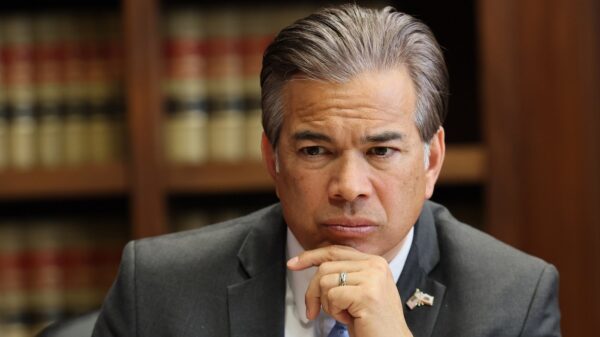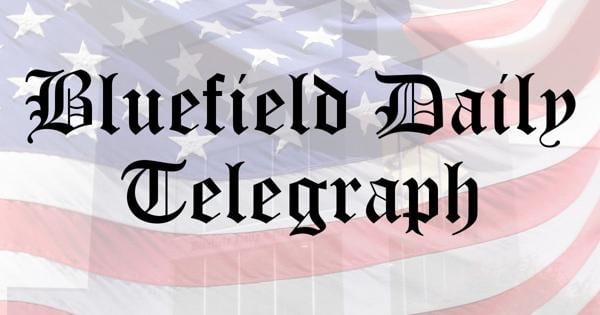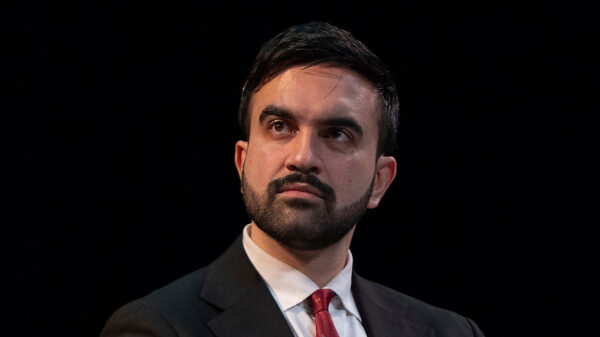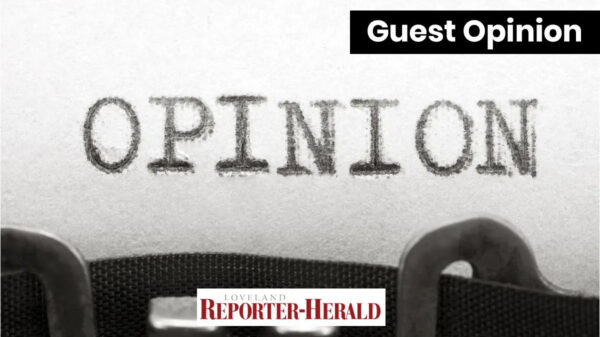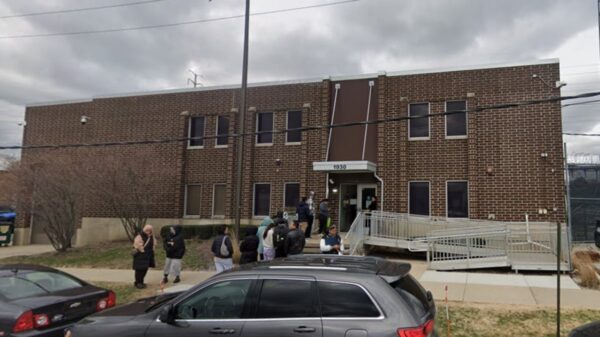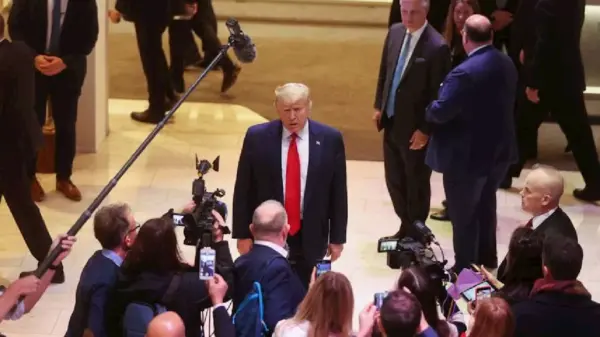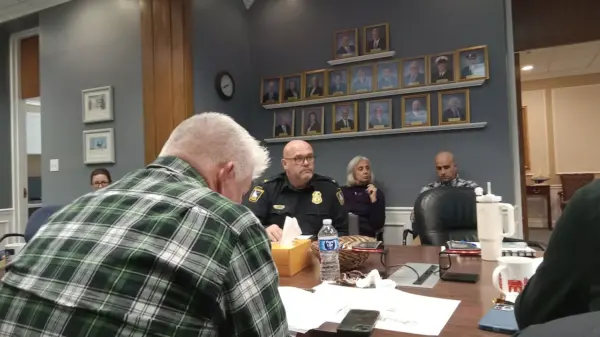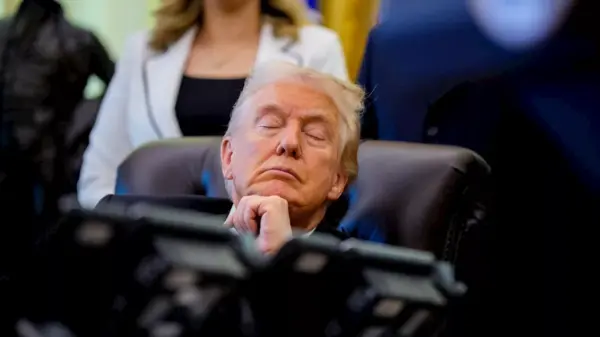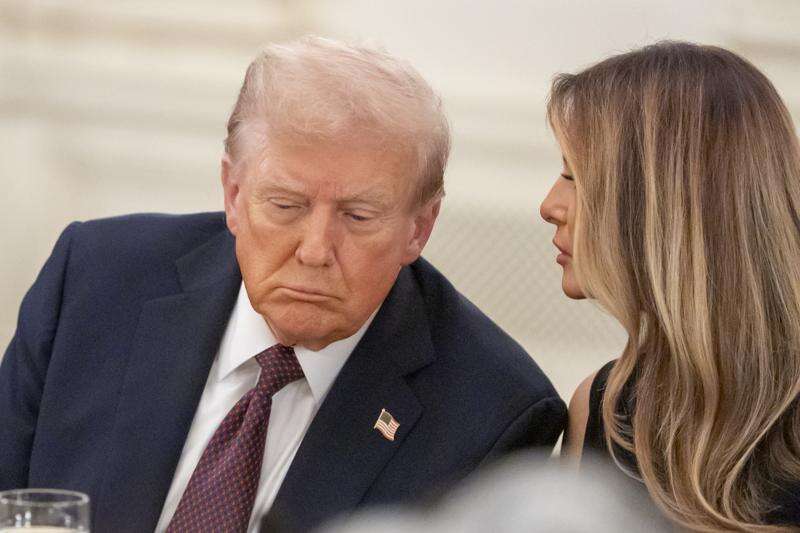UPDATE: President Donald Trump is intensifying his grip on federal power, using it to target adversaries and settle personal scores just seven months into his second term. This development follows a series of controversial maneuvers that have raised alarms about the weaponization of government against perceived opponents.
In a bold move, Trump recently deployed hundreds of federal agents and National Guard troops across Washington D.C., leveraging a rarely used law that grants him control over law enforcement in the capital. This tactic raises concerns about his plans to replicate such actions in other Democratic-led cities, including New York, Chicago, and Baltimore.
Experts warn that Trump’s approach represents a significant shift in the role of the presidency. Sociologist David N. Smith from the University of Kansas stated, “Weaponizing the state to win the culture war has been essential to their agenda.” This sentiment resonates with Trump’s base, which seems supportive of his aggressive tactics.
Among his recent actions, Trump has threatened to obstruct a stadium project for the Washington Commanders unless it reinstates a racial slur used in its former name. He has also revoked security clearances for lawyers at firms he opposes and cut billions in federal research funds aimed at prestigious universities. Notably, Columbia University recently settled with Trump for $220 million, demonstrating the financial and reputational stakes at play.
In a striking display of political maneuvering, Trump has dismissed corruption charges against New York Mayor Eric Adams to secure cooperation in immigration crackdowns. His administration is pursuing investigations into political rivals, including a special prosecutor review of figures like Letitia James and Adam Schiff.
White House spokesperson Harrison Fields framed these actions as a legitimate exercise of presidential power, claiming, “What the nation is witnessing today is the execution of the most consequential administration in American history.” This rhetoric underscores a profound transformation of governmental authority under Trump.
As Trump continues to consolidate power, he has shown a willingness to challenge established norms and safeguards. Political analysts note that his approach can be described as “epistemic liberation,” a term highlighting his ability to disregard factual accuracy without losing support from his followers.
Trump’s 2024 campaign prominently features his narrative as a victim of a “weaponized government.” He has publicly vowed to use government power against those he perceives as threats, stating, “IF YOU GO AFTER ME, I’M COMING AFTER YOU!” His confrontational stance has not only energized his base but has also reshaped the political landscape.
As the situation unfolds, observers are left to ponder the implications of Trump’s tactics on American governance and civil liberties. His presidency is marked by a departure from traditional checks and balances, raising urgent questions about the future of political accountability.
With each new development, the stakes grow higher for both Trump’s opponents and supporters. The upcoming months will be pivotal as the nation watches how this unprecedented concentration of power plays out in the political arena. Keep an eye on federal activities in Washington D.C. and beyond as the implications of Trump’s presidency continue to evolve.





